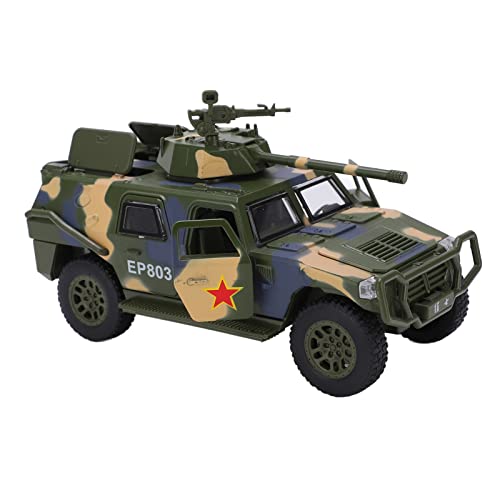One of the joys of cutting metric threads (same issue for Imperial?) is not being able to start at say 10mm for an M10, single point thread it and end up with something that fits. Cose it won't.
I've been using this site to work out correct major diameter and thread depth to get a threaded part that works:
http://www.amesweb.info/Screws/IsoMetricScrewThread.aspx
It isn't just metric as most thread forms are specified to have a major diameter slightly less than nominal on the external. You have to make clearances someplace or things wont screw together. So yeah unified threads are the same thing.
By the way i say Unified Threads because almost everything these days, in the USA anyways, is based on this standardization. That would be since WW2 when unified threads came about. The unification was negotiated between the USA, Great Britain and some other countries to deal with supply compatibility issues during the war.
From my standpoint imperial threads would be everything in common use before WW2 and unification.
Or I "cheat" and run a die as a chaser over it once mostly done. :thumbup:
I do this a lot at work. That work is automation maintenance and sometimes getting the machine running is far more important than perfect threads. A die will also clean up the threads a bit in hard to machine materials.
Having made quite a few M10x1 parts recently I'm starting to get vaguely proficient. Of course a metric pitch lead screw on the lathe makes it somewhat easier, well unless you have a dog-clutch linked to your lathe lead screw. Ahh what a bonus that would be.
One interesting comment that i heard years ago is that unified threads and the various pitches appeared to be designed for cutting on a lathe. This might be why unified threads have taken so long to die in the USA.
Another thing people might not know is that unified threads also specified screws for instrumentation and watch making, these have always been specced in metric.
The more that I've researched things like this the more it has become apparent how dramatically WW2 changed the world. For a guy born in 1960 it isn't obvious but the more you look at the past and the world before and after WW2, you realize just how transformative the war was.

































































